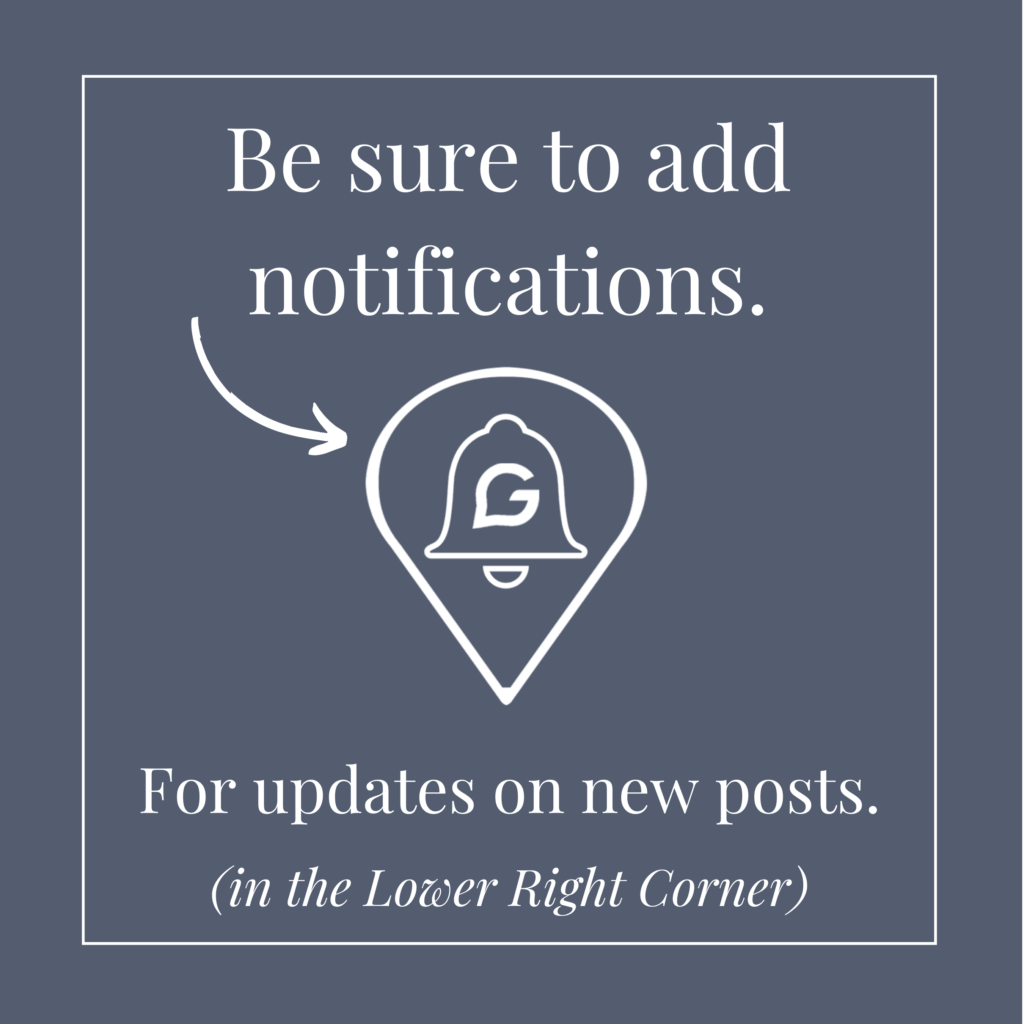Have you ever thought about keeping a journal?
It’s not just for those really good at writing – anyone can do it. Your journal is like your personal stash of thoughts, you do not need to share it with anyone unless you want to spill the beans.
But journaling is not just about jotting things down. It can act as a chill pill for your mind. Instead of constantly worrying about the past or anticipating what comes next, journaling can flip the script for you, and bring you back to the present. It nudges you toward a more mindful state and acts like your secret weapon for personal growth and staying present.
It might not always be a walk in the park, but trust me, it’s a game-changer.
So, let’s talk benefits, and there are many. I listed 10 here, but I could go on.
Journaling is a supportive component of a holistic lifestyle. Through journaling you can gain a better understanding of yourself, your triggers, and patterns, this enables you to manage your mental well-being and engage in deep personal development and growth. You can use it as a safe outlet for self-reflection, and emotional release and to build resilience against the challenges of daily life.
It encourages thoughtful reflection and can help you align your actions with your values and long-term goals – mentally, physically, or spiritually.

Here are 10 reasons why starting a journaling practice can help you:
Reason 1 – Become more mindful.
Journaling is a powerful tool for cultivating mindfulness. By consciously releasing thoughts and emotions to the pages you become more attuned to the present moment. The act of writing encourages a focus on details, sensations, and emotions, fostering a deeper connection to the current experience and promoting greater overall mindfulness in your daily life.
Reason 2– Stress reduction.
Chronic stress can impair your immune system and your physical and mental health.
Journaling provides a constructive and therapeutic outlet for managing stress. By expressing your feelings and concerns in a journal, you can alleviate the physical and mental load associated with stress.
Reason 3 – Memory training.
When you write about your experiences, thoughts, and emotions in a journal, you engage in a process called encoding. This involves translating sensory input into a form that the brain can use and store. Reflecting on events and putting them into words helps reinforce the memory of those experiences. So just like doing word puzzles, journaling can help you remember things.
Reason 4 – Spark creativity.
Journaling can serve as a catalyst for creativity by providing a free space for unfiltered expression and idea generation. The simple act of putting thoughts and emotions on paper encourages free association and the exploration of new concepts. Whether through doodles, brainstorming, or detailed narratives, journaling can help increase creativity, unlocking fresh perspectives and innovative solutions.
Reason 5 – Improved quality of sleep.
A journal can act as a “brain dump” before bed. By writing down worries, to-do lists, or reflections on the day, and releasing thoughts and emotions to the pages, you can reduce the mental chatter that often interferes with falling asleep. This can help promote deeper relaxation and better quality of sleep.
Reason 6 – Organizing thoughts.
Journaling can help you get control of your thoughts and organize information. As you use the page to write down ideas, thoughts, and emotions, you may discover connections and patterns that were not immediately apparent to you. This cognitive process can contribute to a better understanding of events and uncover patterns in your thoughts and behavior.
Also, check out “A simple 4 step journal exercise to work through difficult emotions“
Reason 7 – Build emotional intelligence.
Journaling enhances emotional intelligence by promoting self-awareness and empathy. By consistently writing and reflecting on your emotions, you develop a better understanding of your own feelings and those of others. This heightened awareness can help foster effective communication, better relationship skills, and the ability to navigate complex emotions with greater empathy and skill.
Reason 8 – Connect to your spiritual soul.
Journaling can be a valuable tool for spiritual exploration and connection. Whether through writing about personal reflections, or moments of gratitude, you can deepen your understanding of your spiritual beliefs and experiences. Journaling provides a contemplative space for exploring questions of purpose, meaning, and connection to something larger and more than yourself.
Reason 9 – Manage anxiety and depression.
Journaling is a great therapeutic practice that can help you manage anxiety and depression. When you release emotions and thoughts onto the paper, you let them go, the simple process of “saying it out loud” can be of help in itself. Writing also helps you gain insight into your triggers and chosen coping mechanisms. Writing about your thoughts and feelings can help you better understand and manage your emotions.
Reason 10 – Make better choices.
Keeping a journal can contribute to better decision-making in the future by providing a structured space for weighing options and considering consequences. By examining your values, past events, and actions you gain a better understanding of yourself and can make more informed choices going ahead. Journaling encourages thoughtful reflection and helps you align your actions with your values and long-term goals.
In closing.
It is easy to forget to prioritize yourself in everyday life, but the simple act of journaling can provide huge health benefits. It’s a versatile tool, that you get to make your own, a place to let off steam and develop greater self-knowledge as you fill page after page.
Journaling is a gateway to mindfulness and provides a sanctuary for self-reflection, that cultivates a deeper connection to your emotions and a greater understanding of the emotions of others.
Journaling can also serve as a compass for making better-informed choices and building emotional intelligence. Whether you’re seeking spiritual exploration or striving to enhance your well-being, the pages of a journal can hold the key to unlocking your full potential.






